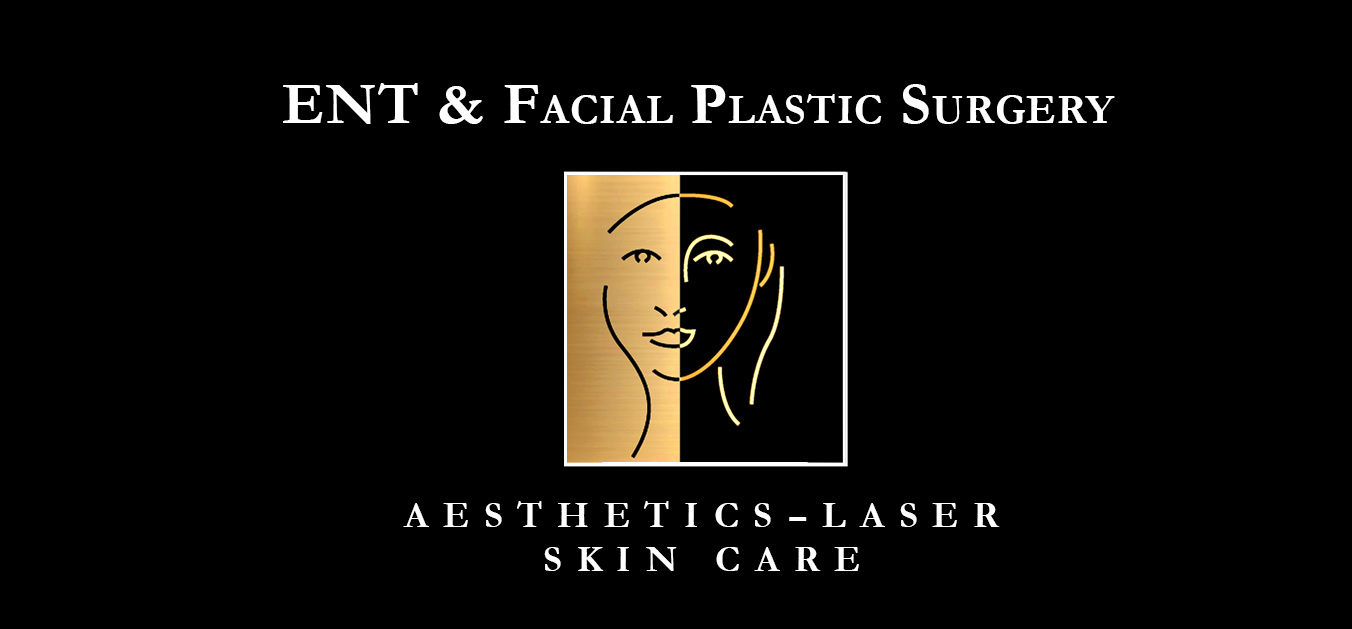One of the most recognized health insurance providers in the United States, Blue Cross Blue Shield, offers a broad array of coverage. However, answering the question – How much does BCBS cover for hearing aids in Virginia? – is not always straightforward.
In this comprehensive guide, we’ll walk through what Blue Cross Blue Shield typically provides, what influences this coverage, and valuable tips to make the most out of your benefits.
How Much Does BCBS Cover for Hearing Aids in Virginia?
If you are experiencing hearing loss and have Blue Cross Blue Shield health insurance, you may be wondering: How much does BCBS cover for hearing aids in Virginia?
The amount of coverage provided by Blue Cross Blue Shield for hearing aids in Virginia will vary depending on the specific plan you have.
That said, it is important to review your individual plan details to understand your coverage, including any deductibles, co-pays, or out-of-pocket expenses that may apply.
Additionally, BCBS Virginia may have a set limit for the cost of hearing aids they will cover. So, you should take the time to carefully research and compare different options in order to make the most out of your coverage.
Finally, your hearing healthcare provider can also assist you in understanding your insurance benefits and finding a hearing aid that fits within your budget while meeting your specific needs.
Factors That Can Impact Hearing Aid Coverage
When it comes to hearing aid coverage under Blue Cross Blue Shield plans, several factors come into play. The specifics of your plan, including its tier level and whether it’s a state-specific or federal employee program, can significantly affect what you are eligible for.
The Anatomy of Blue Cross Blue Shield Plans
Blue Cross Blue Shield offers a range of insurance plans with varying degrees of coverage. Typically, hearing aid coverage exists in more comprehensive plans, but the nuances can make a significant difference in what you pay out of pocket. Key components to consider include:
- Plan Type: HMO, PPO, EPO, and POS plans may offer different benefits including coverage for out-of-network providers where you might have more options for hearing aid specialists.
- Metal Tier Levels: Bronze, Silver, Gold, and Platinum tiers signify the comprehensiveness of the plan, with higher tiers often including coverage for essential health benefits like hearing aids.
- Specific Plan Inclusions: Some plans may have hearing aid coverage as part of the standard benefits, while others may offer it as an add-on.
Understanding the details of your specific plan can save you not only money but also unnecessary frustration when trying to access the benefits you deserve. Contacting Blue Cross Blue Shield customer service or reviewing your plan information online is a vital step in this process.
Federal Employee Program Specifics
If you’re enrolled under one of the Federal Employee Health Benefits (FEHB) Program plans with Blue Cross Blue Shield, you may be eligible for a more extensive scope of coverage. These plans are known for providing a wide range of benefits, with hearing aid services included under certain conditions.
- Federal Employees Dental and Vision Insurance Program (FEDVIP): FEDVIP, which covers vision and dental, is separate from the FEHB program, and offers various options for hearing aid coverage.
- Health and Wellness Plans: Some FEHB plans focus strongly on prevention and wellness, which may lead to more favorable hearing aid coverage.
Reviewing the specifics of your FEHB plan is essential, as it may offer different hearing aid benefits compared to traditional Blue Cross Blue Shield plans.
Making the Most of Your Blue Cross Blue Shield Hearing Aid Coverage
Now that we’ve answered the question – How much does BCBS cover for hearing aids in Virginia? – let’s talk about how to maximize your hearing aid coverage.
A proactive approach can yield significant benefits, so here are some strategies to help you make the most of your insurance plan:
Consulting with a Provider In-Network
Choosing an audiologist or hearing aid professional who is in-network with your Blue Cross Blue Shield plan is a simple yet effective way to save money. In-network providers have negotiated rates, which can result in lower out-of-pocket costs for you compared to visiting someone out-of-network.
Knowing Your Benefits
Be sure to familiarize yourself with the coverage details of your specific plan. Understand what is needed for hearing aid-related services to be covered and whether there are any exclusions.
Keeping Accurate Records
Maintain comprehensive records of your communications, appointments, and costs. Should there be any discrepancies with the coverage provided by Blue Cross Blue Shield, these records can serve as vital evidence to support your claims.
Utilizing Flexible Spending Accounts or Health Savings Accounts
If your Blue Cross Blue Shield plan is compatible with a Flexible Spending Account (FSA) or a Health Savings Account (HSA), consider using these tax-advantaged funds to cover hearing aid expenses and services not fully covered by your insurance.
Exploring Blue Cross Blue Shield Hearing Aid Partnerships
In some instances, Blue Cross Blue Shield partners with hearing aid manufacturers and service providers. These partnerships can offer additional benefits and savings not available everywhere.
- Discount Offers: Blue Cross Blue Shield members might have access to exclusive discount offers on hearing aids and accessories through partnerships.
- Improved Technology Access: Through these partnerships, you might gain access to the latest hearing aid technology at a reduced cost.
Review your plan’s partnership details to capitalize on these potential benefits.
Learn More About Hearing Aid Coverage
If you would like additional information about hearing aid coverage, please call our office to schedule a consultation with one of our highly skilled and experienced specialists.


